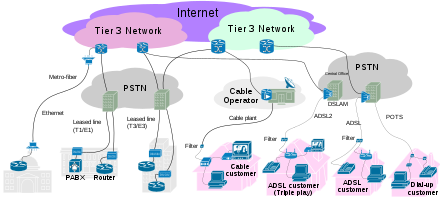
BEST SERVICES OF ISP
The Next Billion Internet Users: What Will They Look Like?
Since 2006, the number of internet users has nearly doubled. It makes us wonder what that means for the demographics or users and their experience on the web. You can access the internet from your phone, tablet, or computer, and each experience is different. What do the next billion internet users look like? Embed the …
Continue ReadingBattle of the (Social) Sexes
You’ve no doubt heard the old, oft-quoted adage, “men are from Mars, women are from Venus,” used to denote the fact that men and women may not always see completely eye to eye. While this light-hearted statement isn’t taken literally, when it comes to the virtual world of Internet interactions, similar sentiments may be formed …
Continue ReadingInternet in a Day
The Internet is vast, sprawling, always moving and always changing. At any given time, videos are being uploaded, pictures tagged, emails sent, and users joining any of the many social media platforms available. People are Googling questions, millions at a time, and clicking through various websites to find the answers. We’re shopping online, banking online, scheduling appointments online, …
Continue Reading

